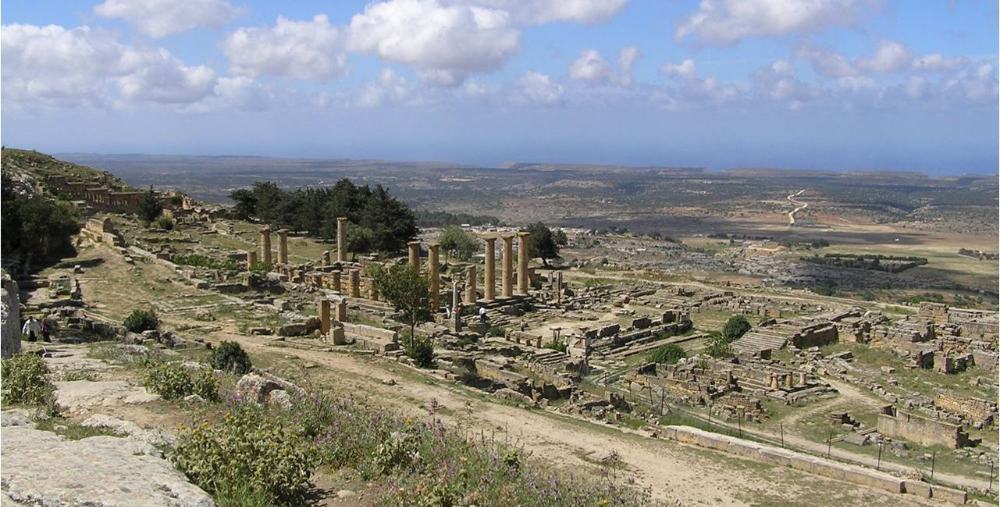Contact and Conflict: The Greeks in Ancient Cyrenaica
Kristian Göransson, Ph.D.
2021-03-09
The project aims at studying a time and a place in the history of the Mediterranean that has not received the attention it deserves. For 600 years a flourishing Greek culture existed in today’s Eastern Libya. The area was dominated by Cyrene, a Greek colony founded in the 7th century BC, which in turn founded several Greek cities in this part of North Africa known as Cyrenaica. With a regional focus, the project is based on an analysis of the combined historical and archaeological sources. An analysis of the networks through which Cyrenaica was connected to the rest of the Greek world – trade and economy as well as religion and culture in a broad sense – is of particular importance. The Greek presence in Cyrenaica is characterized by both contact and conflict with the Libyans who already lived there, but also within the heterogeneous group that the Greeks themselves constituted. At a time when migration across the Mediterranean goes from North Africa to Europe, the project seeks to shed light on the fact that in Antiquity it went in the other direction with large numbers of Greeks settling in Libya. With the current troubled situation in the country, when no archaeological projects are active and ancient sites are threatened by destruction and looting, it is paramount to highlight the cultural heritage of ancient Greek Cyrenaica.
The project is funded by the Riksbankens Jubileumsfond (grant no. P18-0071).

The Sanctuary of Apollo in Cyrene

The Sanctuary of Apollo in Cyrene
Printed: 2025-12-13
From the web page: Swedish Institute at Athens
https://www.sia.gr/en/sx_PrintPage.php?tid=455